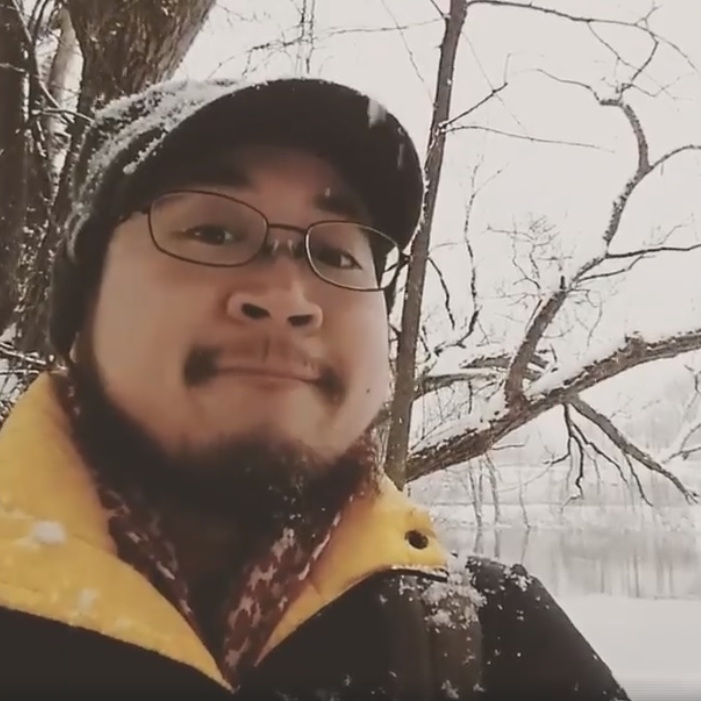
“In college, many of us find ourselves through the spirit of revolution – we are and so we organize. And as we organize, we learn who we are. The moment you leave school, however, society will test absolutely everything. Use college to learn yourself well – know your strengths and your weaknesses. This will give you the clarity and the wisdom to work with and/or break the system.” -Ethan Lu, ’11
My name is Ethan Lu (he/him) and I graduated from Rutgers University in 2011 with a degree in Psychology. During my time at Rutgers, I think that being trans was the struggle. When I first came out, there really was no trans community. The school administration was only aware of the existence of one other trans person besides me. Also, there was little to no policy at all for things like a preferred name on records or protocol for counseling and medical services. In hindsight, I don’t think I quite appreciated how my personal transition forced and provided a testing ground for the school to move forward on trans issues. It was hard enough to navigate daily life, let alone advocate for better trans-inclusive procedures within Rutgers administration.
Being a founding member of Queer and Asian (Q&A) is probably one of my proudest achievements. There were only 3 of us at first; we were so small. But with the support of The Center for Social Justice Education and LGBT Communities (SJE) and the Asian American Cultural Center (AACC), we slowly grew. I may not have been able to benefit much from it since I graduated soon after, but I am glad that I was able to leave behind the foundation of something like family for my fellow Asian queers. I feel that the establishment of Q&A was especially important since it came at a time where many of us struggled with the idea of choosing between being Asian and queer. The founding of Q&A beats any panel, talk, or workshop I ever did.
After graduating, I moved to Boston for a PhD program in Clinical psychology. But by the middle of year 2, I realized that while I love the subject, I had changed to the point where I didn’t feel like I belonged in the field. After some serious self-analysis, I decided to go to acupuncture school (where I’m currently in my 3rd and last year). I hope that by rediscovering, reclaiming, and refurbishing the tools of my ancestors I can better serve the communities I belong to. As I approach graduating from acupuncture school, I am struggling with revolution. I now possess a unique knowledge set which is not just an “alternative” to medicine, but also potentially an “alternative” to society. Every person I help heal is one less person trapped by the medical system, and therefore a person a little less trapped by a capitalist society. In that, there is a bit of justice, I think. Now, I just need to figure out how to make this practice sustainable. I believe that this is my little piece of the revolution. You will have to find yours.



